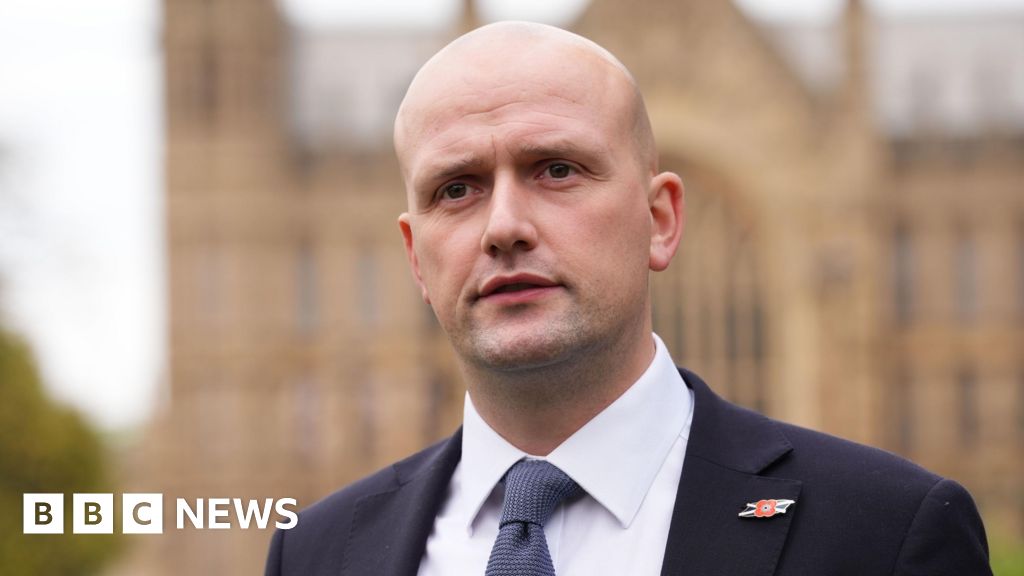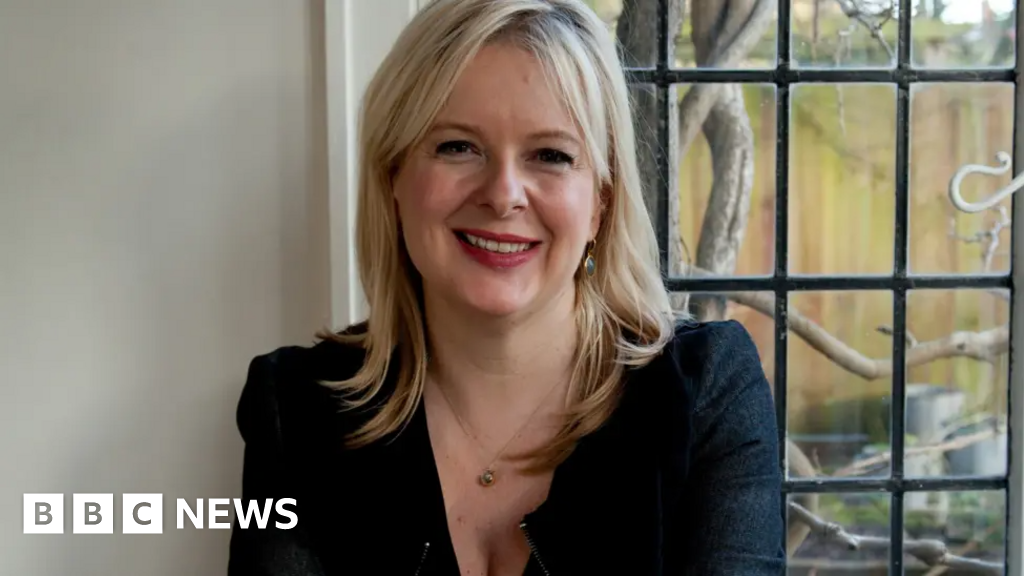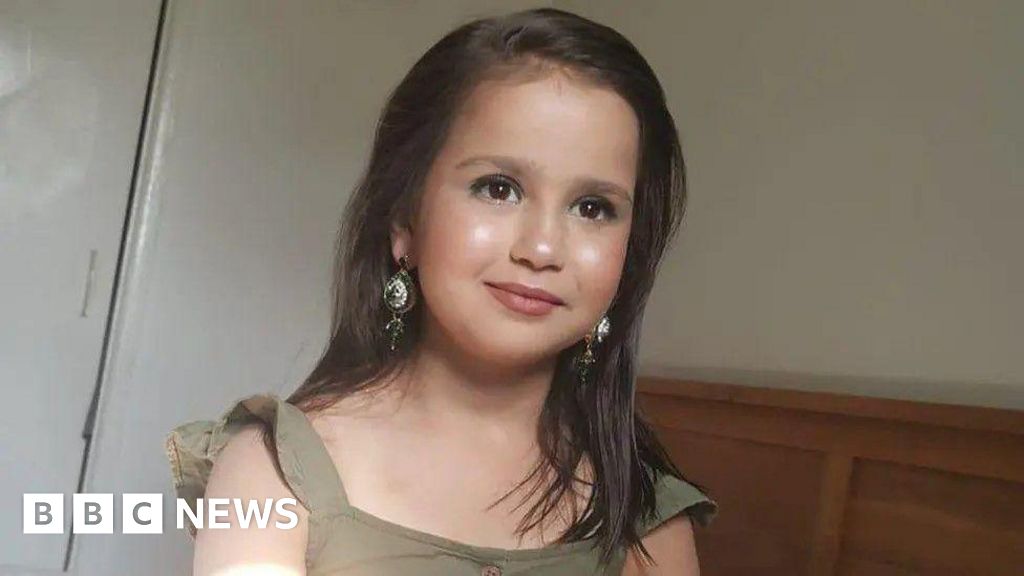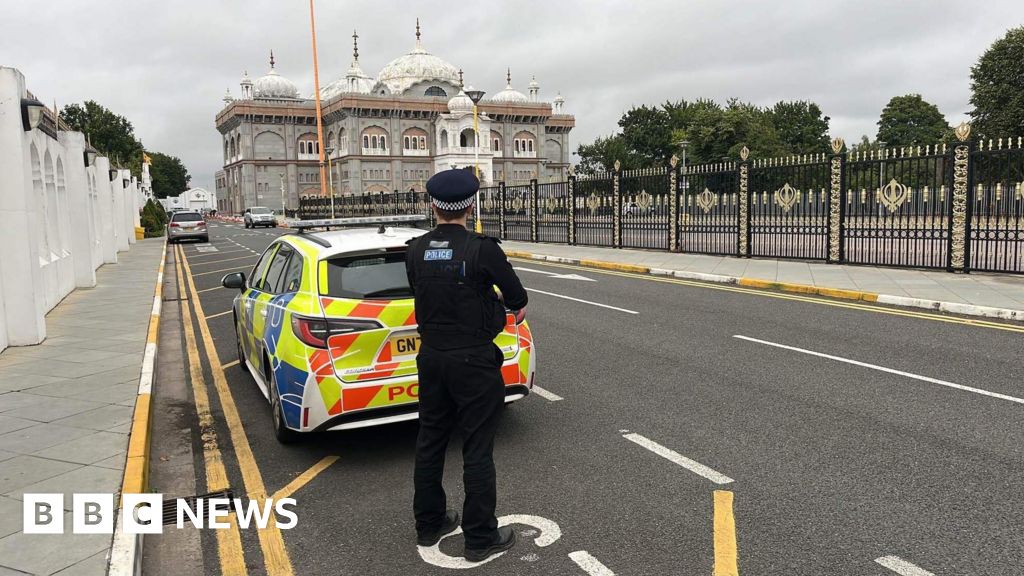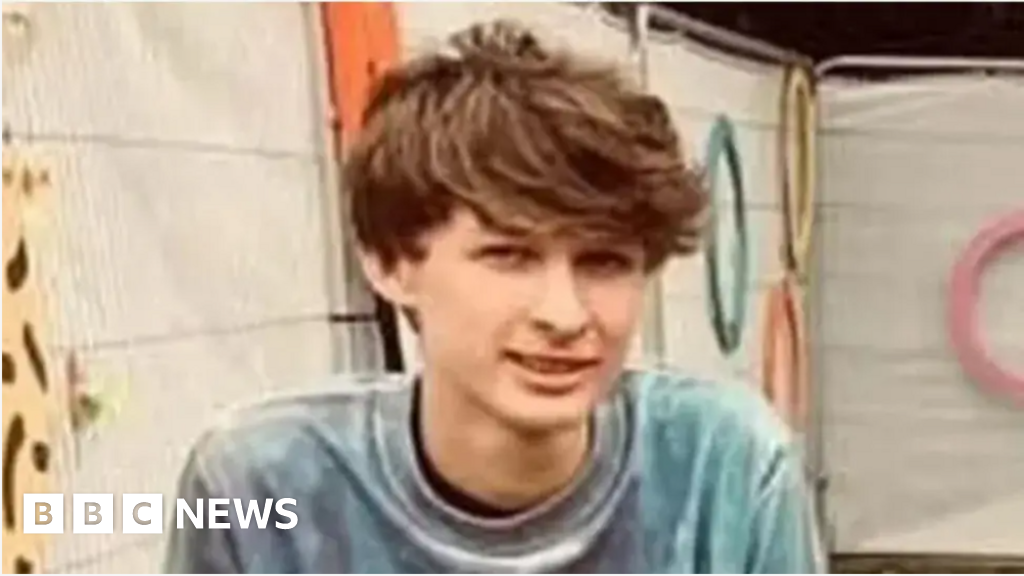
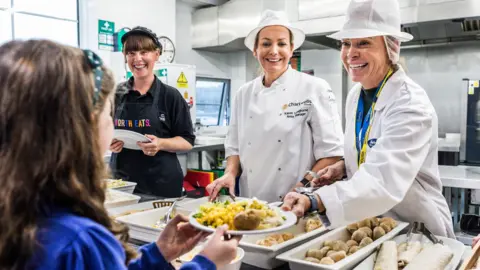 Durham County Council
Durham County Council
In County Durham, the pilot scheme automatically enrolled more than 1,700 children who were previously unregistered for free school meals
Thousands more children from England’s poorest households are eating a free school meal because of a new trial scheme.
The pilot project, run by the Fix Our Food research programme and involving dozens of councils, is identifying previously unregistered eligible children and automatically enrolling them.
Families who qualify for free school meals usually have to register their children to get a meal, even if they meet the criteria.
The Department for Education has encouraged all eligible families who are not automatically enrolled to register.
The total number of children registered for free school meals in England is about 2.1 million, or 24.6% of the total pupil population.
Some families do not sign up for free school meals they are entitled to because of language barriers, not understanding the eligibility criteria or because of a stigma around sharing financial information.
In England, families are eligible to apply for free school meals if they are on universal credit and have a household income below £7,400 per year, after tax.
One estimate, by thinktank Policy in Practice, suggests there could be an additional 470,000 families who meet the free school meal criteria but are not registered.
Sixth former Mirzan, from north London, has been registered for free school meals since he started Year 7.

 Nathan Standley / BBC
Nathan Standley / BBC
Mirzan, 18, says missing a meal can leave pupils distracted in class
Having previously missed meals himself, he says he worries about what unregistered children are eating at school.
"Someone I knew in school, the only meal they'd receive that day would be their free school meal. So I know what impact it has," he says.
"Instead of sitting there looking at the board trying to solve the algebra problem, you're sitting thinking, when I get home, what am I going to eat?"
Researchers from Fix Our Food, a programme based in York, say they want the government to automatically enrol families who are missing out nationwide, by allowing them to opt out instead of having to opt in.
They say it saves families £500 per year in lunch costs.
Fix Our Food has helped about 20 local authorities implement the trial scheme so far.
About 20,000 eligible children who were previously missing out have been enrolled, according to surveys looking at the scheme's impact, says Myles Bremner from the project.

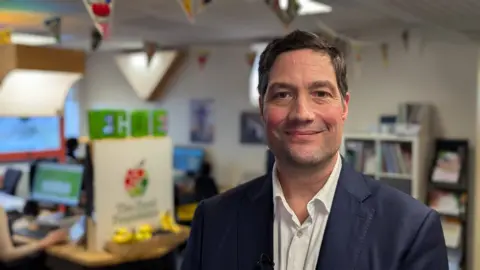 Nathan Standley / BBC
Nathan Standley / BBC
Myles Bremner says the government has all the data it needs to help councils automatically enrol eligible families more easily
An additional 40 councils are working with Fix Our Food to look at whether they could also implement the scheme, he says.
Councils already taking part include:
- County Durham, registering an additional 1,700 children
- Wakefield, registering an additional 1,200 children
- Lambeth, registering an additional 900 children
- North Yorkshire, registering an additional 700 children
- Middlesbrough, registering an additional 600 children
The additional registrations have also brought in millions of pounds in vital extra funding for schools via pupil premium grants, according to Fix Our Food.
Schools get £1,455 per primary pupil on free school meals or £1,035 per secondary pupil on free school meals, per year, for at least six years.
Marvin Charles, head teacher at City Heights E-Act Secondary Academy in Lambeth, south London, says he uses the additional funding for residential trips or extra tuition and mentoring.
Over half of his pupils were already registered for free school meals - more than double the national average - but the automatic enrolment scheme found 15 more who met the criteria but had not been receiving them.

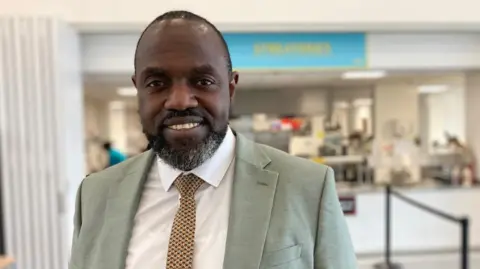 Nathan Standley / BBC
Nathan Standley / BBC
Marvin Charles says he's pleased his students are now guaranteed the hot meal they are entitled to
But the scheme requires a lot of paperwork and digging through data for the councils who implement it to establish which families are eligible.
Fix Our Food says it wants the government to bring together datasets from different government departments to make the process quicker and easier.
MPs could soon be debating the issue in parliament, after it was introduced via a private members' bill on 16 October.
The government says it is looking at long-term solutions to child poverty but has not committed to rolling out the scheme nationwide.
A spokesperson said one of the first priorities was providing free breakfast clubs in primary schools, which is expected to roll out to the first 750 schools in April 2025.
All children in England get a free school meal up to Year 2.
In Wales and in London, all primary school children automatically get a free school meal but eligible secondary pupils still have to apply.
In Scotland, all pupils up to P5, the equivalent of England's Year 4, get a free school meal.
Families are eligible for free school meals after that point if they are on universal credit and earn less than £796 per month, or around £9,500 per year.
In Northern Ireland, the threshold is £15,000 per year, after tax.
More stories on school dinners

 1 month ago
13
1 month ago
13
